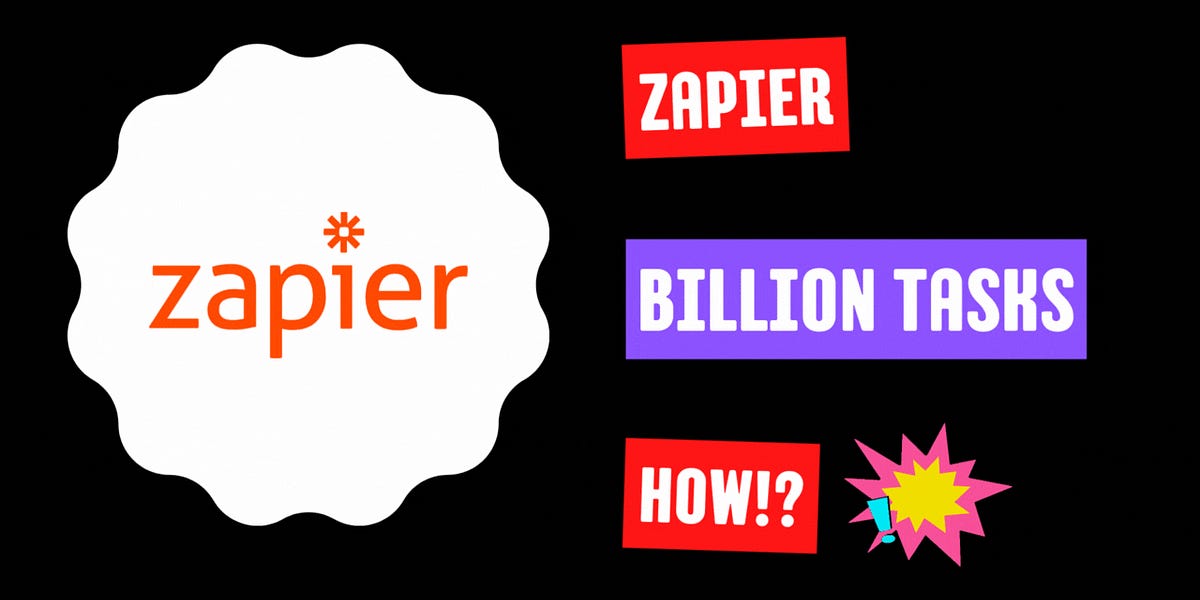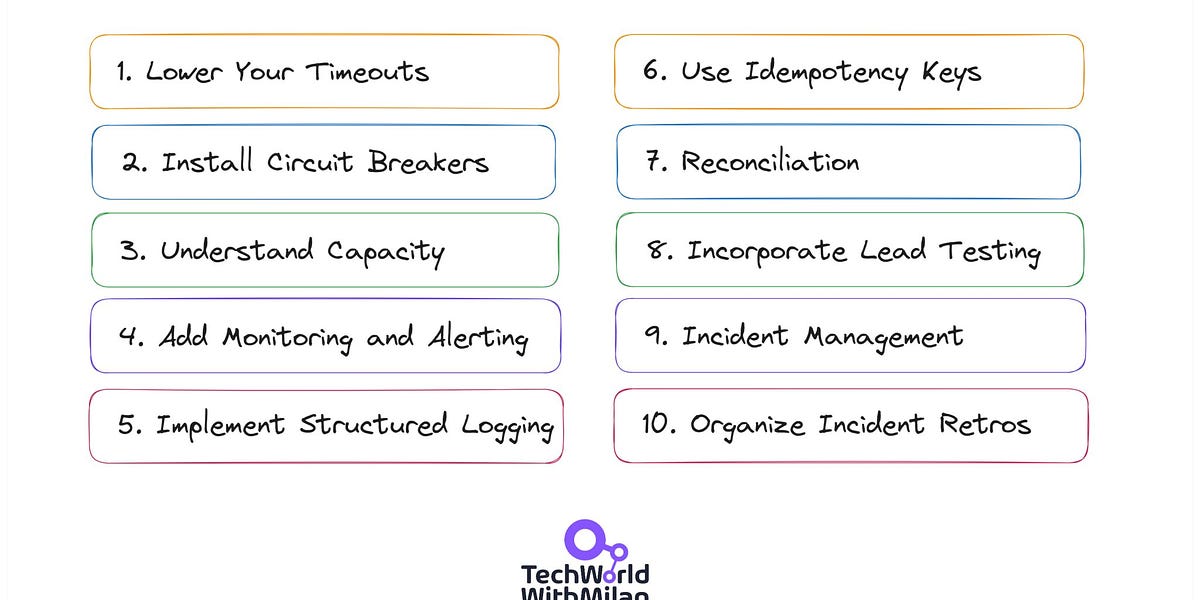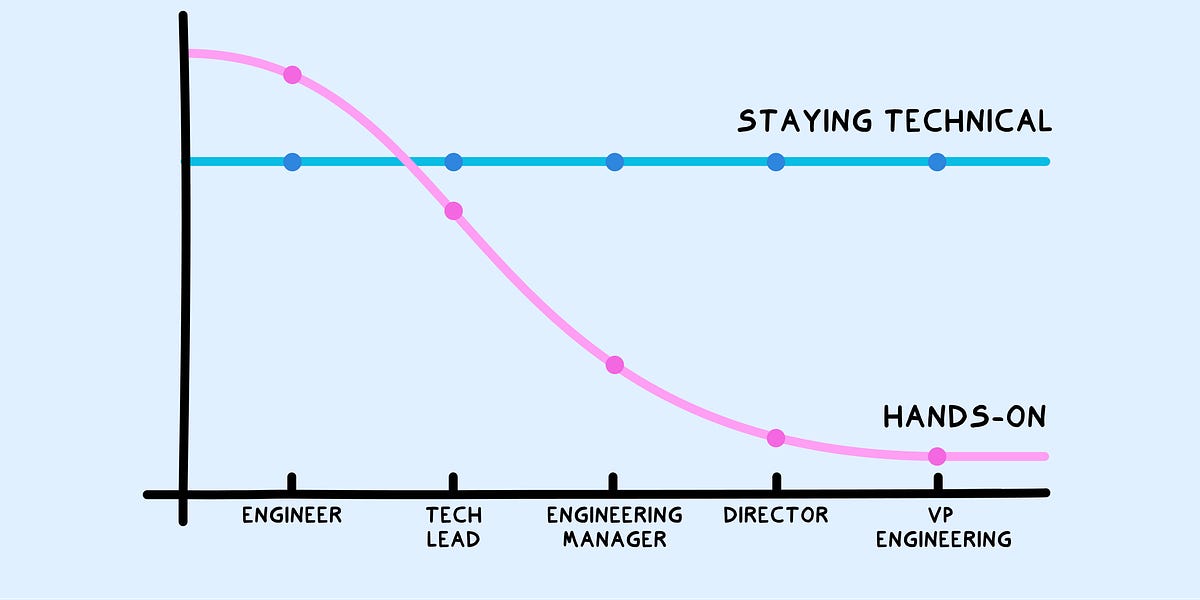- Hungry Minds
- Posts
- 🍔🧠 How LinkedIn Scales to 5 Million Profiles Reads Per Second
🍔🧠 How LinkedIn Scales to 5 Million Profiles Reads Per Second
PLUS: Spotify design blueprint 🎧, Google's revolutionary AI model 🤖, Essential prompt engineering course 🎓
Happy Monday! ☀️
Welcome to the 411 new hungry minds who have joined us since last Monday!
If you aren’t subscribed yet, join smart, curious, and hungry folks by subscribing here.
🍔 THIS WEEK’S MENU 🥗
📚 How LinkedIn Serves 5 Million User Profiles per Second. How Zapier Automates Billions of Tasks at scale. A User-Friendly Guide to Binary Trees.
🗞️ Genie creates playable worlds from images with AI. Elon Musk sues OpenAI over profit vs humanity mission. The era of 1-bit LLMs is here.
👨🏻💻 Quick byte: Master conditional types in TypeScript for flexible utility functions.
Reading time: 5 minutes

Food for Thought
A mindset, an example, and an action item to start the week
"If you want to achieve greatness stop asking for permission”

Mindset: This quote reminds us that seeking approval limits our potential. Have conviction in your vision.
Example: Starbucks didn't ask permission to open cozy coffee shops on every corner and change cafe culture.
Action item: Identify one small act you've avoided and do it today without permission.
The Rabbit Hole
Deep dives, trends, and resources curated to stay ahead
💾 SIDE DISHES 💾
ARTICLE (real-world design)
How would you design Spotify?
GITHUB REPO (google’s new kid in town)
The OS implementation of the Gemma model
ESSENTIAL (prompt free course)
A free course on prompt engineering with deeplearning.ai and llama2
ARTICLE (GPT-easy)
How to implement a GPT model with 60 lines of NumPy
ESSENTIAL (retry strategies)
The best visual guide to retry strategies in software engineering
ARTICLE (Orlando Bloom)
What on earth are bloom filters
ARTICLE (react.new)
React 19 will be compiled + what to expect
ARTICLE (event driven)
Understanding event-driven architectures
TOOL (au large)
Mistral introduces its competitor to ChatGPT, try it!
The Weekly Digest
Software, AI, and startup news worth your time

Brief: Genie introduces a new paradigm in generative AI by creating interactive, playable environments from single image prompts, trained from Internet videos without action labels.
Brief: Elon Musk files a lawsuit against OpenAI, accusing the organization of prioritizing profits with Microsoft over its original mission to develop AI for human benefit, sparking controversy in the tech community.
Brief: Research unveils BitNet b1.58, a 1-bit Large Language Model variant revolutionizing efficiency, cost-effectiveness, and performance in language processing.
Brief: Apple discontinues its long-anticipated "Project Titan" electric car endeavor, transitioning the team to delve into generative AI pursuits, potentially signaling a strategic pivot for the tech giant.
Brief: Adobe's Project Music GenAI Control offers a new way to create customizable music without professional audio experience, allowing users to generate, remix, and edit audio through text prompts efficiently.
Brief: Lenovo presents the ThinkBook Transparent Display Laptop at MWC 2024, featuring a 17.3-inch transparent MicroLED display that can switch from see-through to opaque.
Brief: Meta is gearing up to release LLAMA 3, an advanced AI language model, in July, aiming to revolutionize communication with cutting-edge technology.

The Quick Byte
One coding tip because you’re technical after all
This week’s coding challenge:
This week’s tip:
Conditional types in TypeScript allow you to create types that can change based on the inputs given to them. This feature can be extremely powerful for creating generic utilities that can adapt their return types based on the inputs. It's particularly useful in situations where you need to enforce type relationships between input and output values dynamically.

Wen?
API Type Wrapping: When creating functions that wrap APIs or libraries, conditional types can dynamically adjust to the input type, ensuring type safety.
Generic Utilities: For utility functions or components in libraries that need to handle a variety of input types and enforce specific output types based on those inputs.
Type Transformation: Useful in scenarios where you need to transform types based on certain conditions, enhancing code modularity and reusability.
Why?
Type Safety: Ensures that types are correctly inferred and manipulated based on conditions, reducing runtime errors due to type mismatches.
Flexibility: Allows for more flexible and reusable type definitions that can adapt based on the context in which they are used.
Code Maintainability: Improves code readability and maintainability by abstracting complex type logic into conditional types, making the intentions clearer.

The Job Feast
A fresh cheese job board if you’re looking for a change

Burp-A-Laugh
The most important meal of your day

That’s it for today! ☀️
Enjoyed this issue? Send it to your friends here to sign up, or share it on Twitter!
If you want to submit a section to the newsletter or tell us what you think about today’s issue, reply to this email or DM me on Twitter! 🐦
Thanks for spending part of your Monday morning with Hungry Minds.
See you in a week — Alex.
Icons by Icons8.






